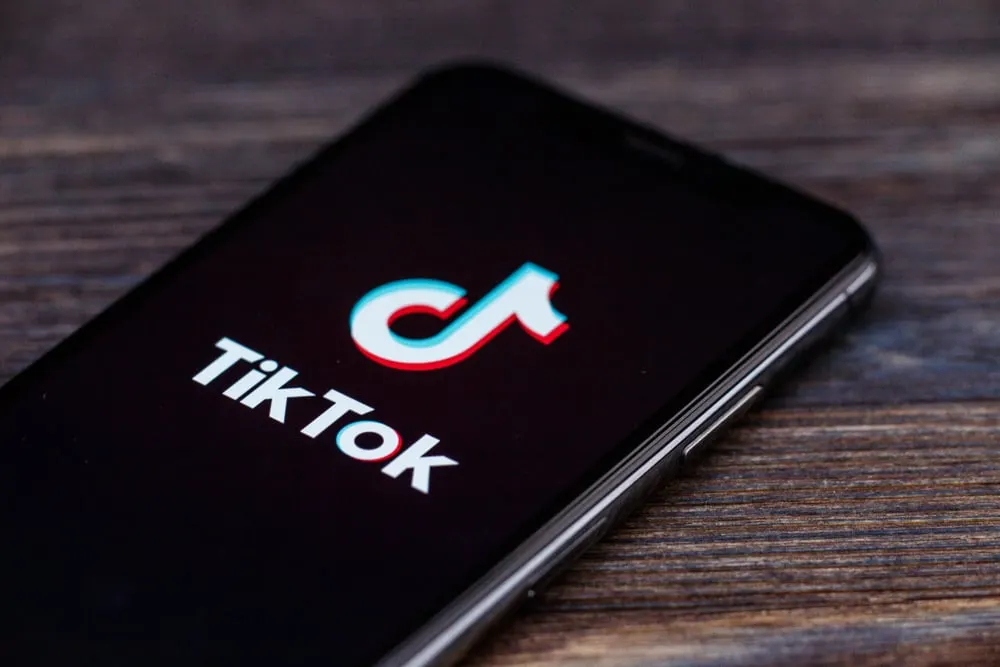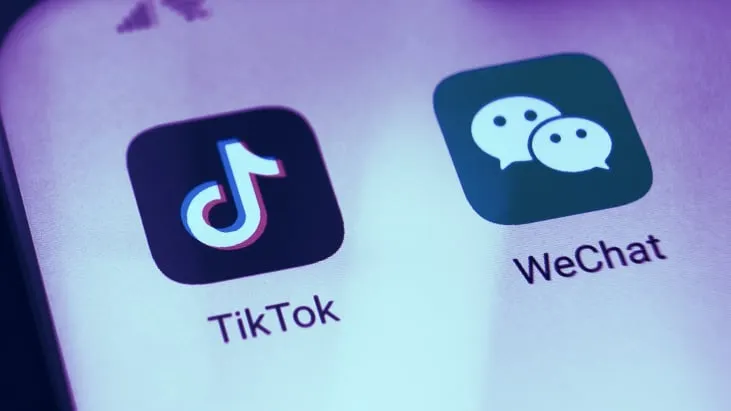In brief
- The United States has announced an upcoming ban on TikTok and WeChat.
- There is a different timeline being applied to each platform, with WeChat the first to be targeted.
- The ban may give alternative decentralized platforms an opportunity to impact the social media industry.
The US Commerce Department will start placing restrictions on popular social media platforms TikTok and WeChat by Sunday. The announcement of the pending ban was made in a statement today.
Both apps have caused national security concerns in recent months. An Executive Order, signed by President Trump on August 6, 2020, demanded that TikTok sell its US business to an American company within 45 days, and suggested data on Americans gathered by WeChat could fall into the hands of the Chinese Communist Party. Now, the United States is taking a harder line on both platforms in the name of national security.

“At the President’s direction, we have taken significant action to combat China’s malicious collection of American citizens’ personal data, while promoting our national values, democratic rules-based norms, and aggressive enforcement of U.S. laws and regulations,” said Wilbur Ross, US Department of Commerce Secretary, in a statement.
The ban captures any use of either app in the United States, as well as mobile devices using WeChat to transfer funds or process payments. However, there are two different timelines established for the ban to take full effect against both apps.
Companies have until November 12, 2020, to cease the provision of any internet services given to TikTok. However, these requirements hit internet companies providing services to WeChat by Sunday. This leaves a slight window of opportunity for TikTok to convince President Trump it does not pose a risk to the security of the United States.
However, that doesn’t mean that TikTok is escaping this week without any scars. Effective by Sunday, users will no longer be able to update the app, and developers will no longer be able to offer maintenance solutions.
Blockchain to the rescue
As a result of the ban, both Apple and Google will have to delist TikTok and WeChat from their respective app stores. But there are several decentralized social media apps that users can turn to.
For a start, Voice, created by block.one—a company providing blockchain-based solutions—aims to give social media users control through transparency. The interactions of users on the platform will remain public, without relying on algorithms to generate interactions and content.
Putting a stop to invasive algorithms is not the only way blockchain technology can change the way we use social media.
Mastodon is a social networking site that is entirely community owned, a clear break from the existing status quo when it comes to social media platforms. “Mastodon isn’t a single website like Twitter or Facebook, it’s a network of thousands of communities operated by different organizations and individuals that provide a seamless social media experience,” according to their website.
Moreover, Mastodon is entirely open source. Donations fund the development of the platform, as opposed to external investment from advertisements or other companies.
Interfering in elections by spreading fake news on social media has been a major issue since the 2016 US election. Peepeth, another social media platform—and Twitter clone—that runs on the Ethereum network aims to reverse this. Their platform does not optimize for advertisement engagement, and there is a clear emphasis for using social media as a force for good—instead of being for the good of China.

